15 WORST Real Estate Domain Names for Realtors
Getting the right real estate domain name for your business can be tricky.
All the best ones are taken!
But it’s a good idea to think long and hard before settling for second best. Carefully choosing a web address is incredibly important because it is very hard to change later on.
Should your URL be your business name? Probably. So this list has a lot in common with choosing a good business name.
Below are my tips for choosing a domain name by highlighting some of the mistakes made in current Realtor domains.
Attributes of a Good Domain
The good qualities in a domain are actually very similar to the qualities of a great business logo:
- Memorable
- Positive
- Branded
- Search Engine Optimized
- Legally/Ethically Compliant
These features will make it easier for your prospects to remember you, keep top of mind awareness, stay on top in Google, and stay out of trouble with the authorities.
Examples of Poor Domains
My apologies. These real estate companies below are all real people. I don’t mean any disrespect. They aren’t really the worst.
And some of these are okay domains, but still break at least one of my rules for good domain names for real estate.
So no offense intended, real estate brokers and sites I’ve included! At least I’m giving y’all a backlink!
So here we go!
Go with .com, NOT .realtor
I feel dirty using her website as a “bad” example, as Kristin Smith is one of the top agents in Texas and a leader for both YPN and our State association.
But, I generally think choosing a .realtor top-level domain extensions (TLD) is a mistake.
These domains are pushed by the National Association of Realtors and available to NAR members. And if you are just needing a “business card” website for your online presence, then .realtor is fine.
It’s also possible that Google learns to love these more in the future.
But if you have any aspirations for your website to rank on Google, the general consensus among SEOs is that you need to stick with .com for now.
This also goes for the top level realestate domain.
Shorter is Better
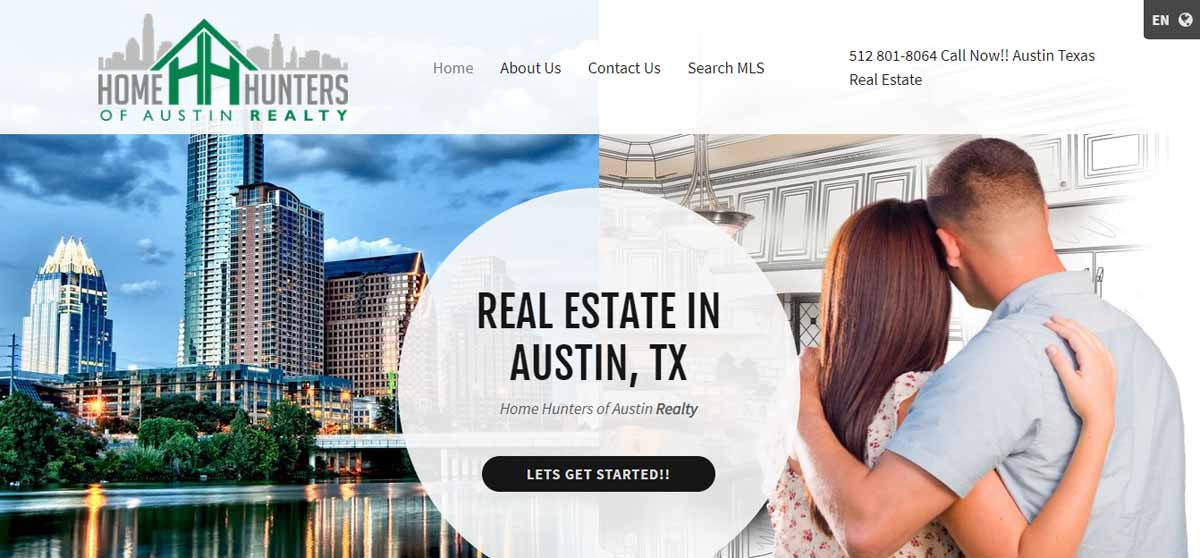
HomeHuntersOfAustinRealty.com is 25 characters long.
There are surely worse, but that is longer than ideal.
I misspelled it the first time I entered it into my browser. That’s 25 chances to get a character wrong.
Even my own website is too long (HoodHomesBlog.com). Try to stay under 12 characters when possible.
No Acronyms and Abbreviations
Shorter is good? Going with an abbreviation is an easy way to shorten that URL!
But “Better Homes dot com” is something most people will figure out. It is a phrase that communicates something memorable: better homes.
“B H G R E” isn’t a phrase. It doesn’t mean anything syntactically, and therefore the human mind is more likely to forget it or swap letters around. BHGRE or BFGHE make as much sense. Potential customers will not likely find it easy to remember.
What about state abbreviations like CA or TX?
I’d stay away from those, too. They probably aren’t part of your brand unless your “Centex” or something. And they aren’t needed. Your webpage will quickly communicate your area of service.
Plus there’s the same confusion as to whether your customer should spell out Texas, or leave it TX.
Easy to Spell
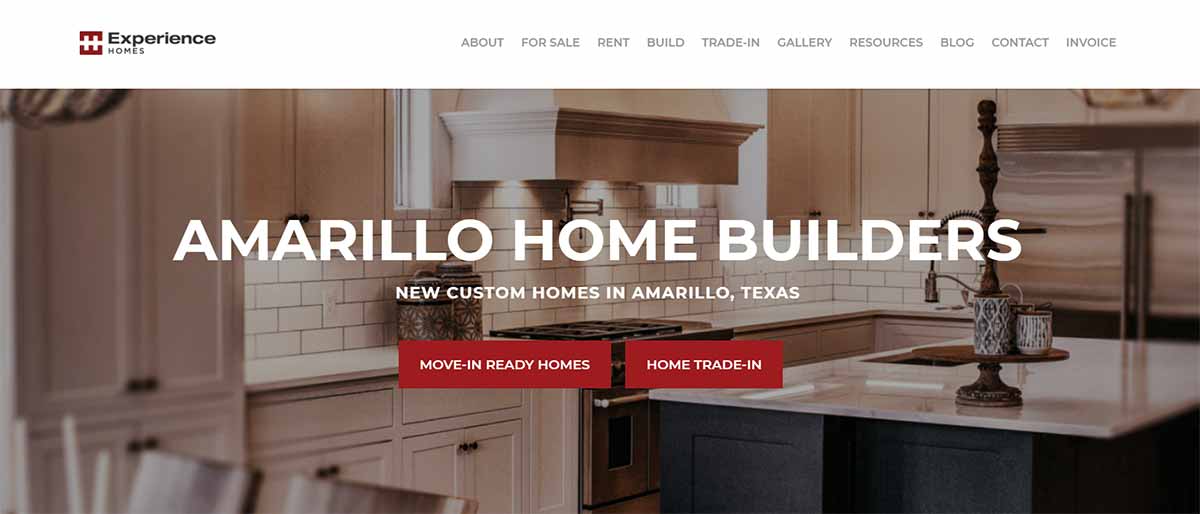
I before E except after C… except on weekends and holidays and all through May.
“Experience” is one of those words you lean on spell-check. Maybe you have it down, but it made this list of 100 most commonly misspelled words.
It seems like a good name until you realize you are missing emails at [email protected].
That said, it seems to work for a top real estate agency in America (whose name also breaks the next rule).
No Funky Spellings
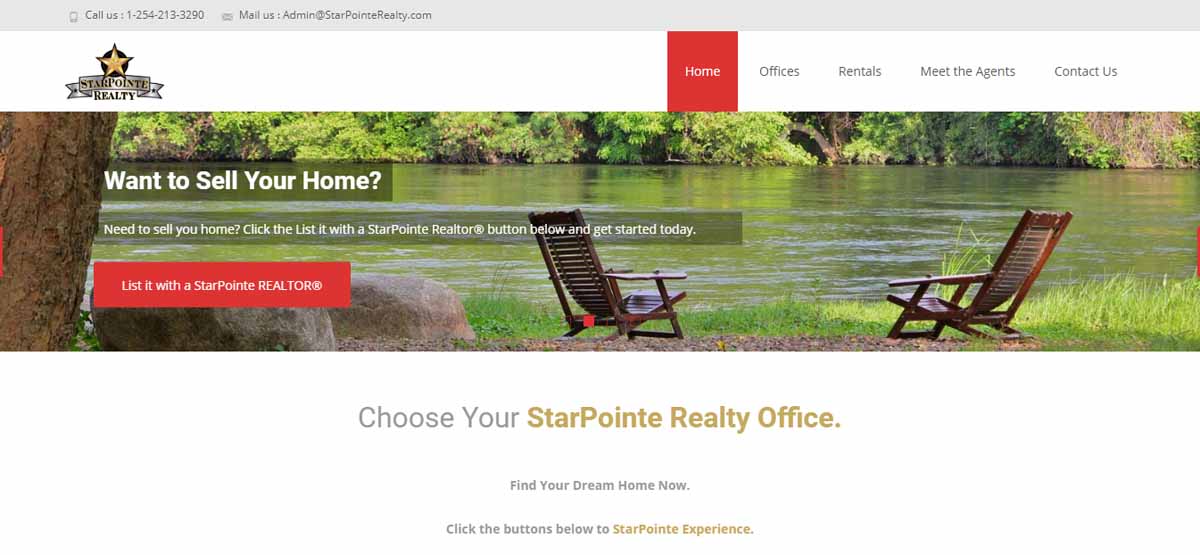
Forgive me, CJ.
This is my own brokerage. StarPointe Realty.
Every time on the phone, I am explaining “[email protected]. ‘Point’ with an ‘e'”.
Needless to say, I’ve missed more than one email sent to [email protected].
Similarly, funky spelling like “Houz” or whatever are generally bad ideas.
Sometimes you can get away with it though. In fact, the most famous example is probably none other than Google (googol) itself.
Beware Homonyms and Homographs
Okay, so “Lee Realty” probably isn’t a bad name. But It’s good to be mindful of your name’s homophones and homographs in case they might trip you up.
Homophones are words that sound the same “Lee, Leigh, and Li”. Expect to be constantly advising buyers and sellers on how to correctly spell your company’s name.
Homographs are words that are written the same but sound different or have different meanings. “Train” might mean a choo choo or training someone on a skill. Or part of a wedding dress, I suppose.
You might think Overlook Realty conjures beautiful vistas of rolling countryside. However, in your customer’s mind, perhaps “overlook” conjures someone prone to overlooking details.
No Numbers
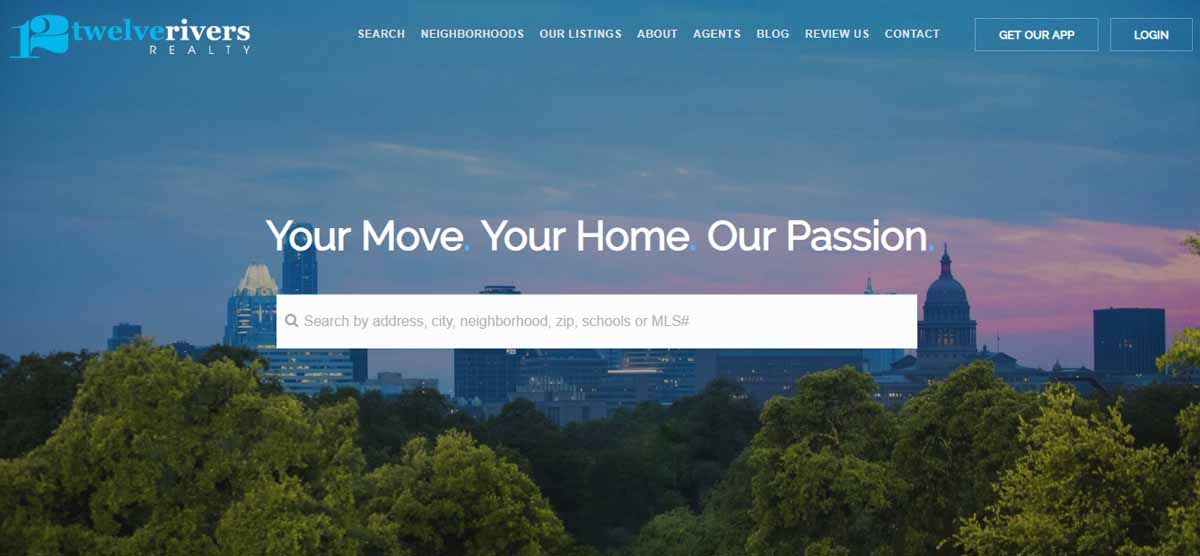
Is it 1stTeam.com? FirstTeam.com? 1Team.com?
These aren’t automatically terrible names. But I would probably recommend only doing it if you can buy each version of the same name.
For example, below is the result I get when I go to 12riversrealty.com instead of spelling it out.
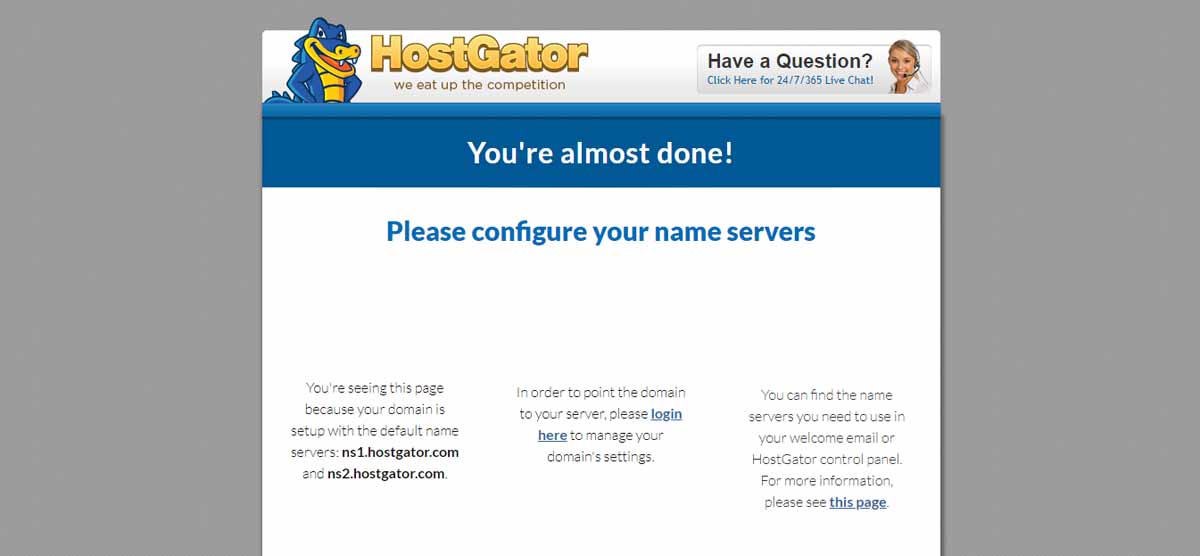
As long as you have each of the different variations for your real estate leads to find, you can probably get away with it.
No Hyphens
Is your favorite domain taken?
Adding a hyphen can seem like the easy way out.
But don’t.
Hyphens historically have been used by spammy websites that Google doesn’t like. And while there is not obvious SEO penalty against hyphenated names, the general consensus among SEOs is to avoid hyphens.
It also interrupts sharing a website URL naturally. “Pearson – Hyphen – Properties – Dot – Com”.
Buy Variations
The Rober Shaw Group is a top team with a nice website with the real estate domain NoHassleListing.com.
But an easy mistake would be thinking “listing” is plural.
Unfortunately, if I make that mistake, the result is:
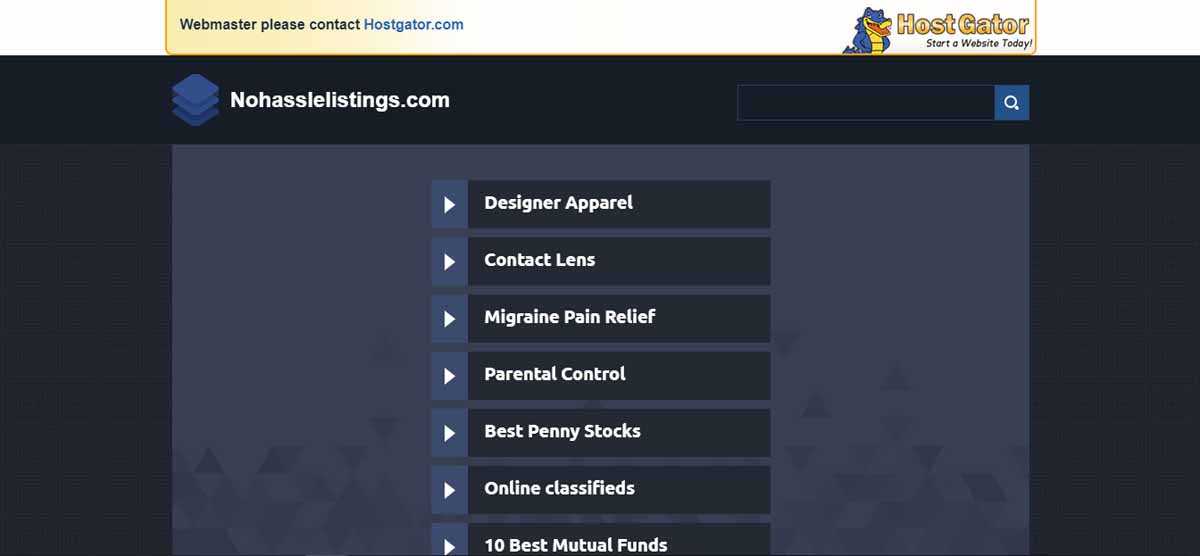
Meanwhile, check out AustinRealty.com.
You are taken to … RealtyAustin.com.
The Boatwrights wisely bought not only their own URL, RealtyAustin.com, but also various other ways the general public might accidentally put their URL into a search bar. You want to make sure they get to your page!
Don’t Keyword Stuff
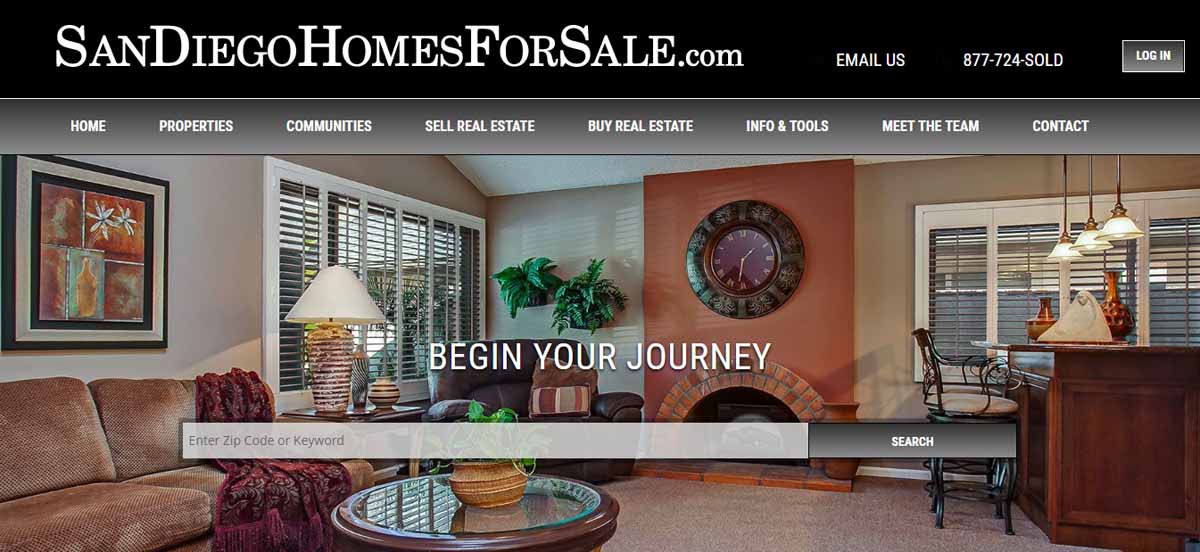
This isn’t necessarily a bad URL. But if you think that putting keywords or search terms in your URL is going to help you get found on Google, think again.
The keywords “san diego homes for sale” is searched 5400 times a month. That is a lot!
But the site SanDiegoHomesForSale.com isn’t even in the top 100 search results for that keyword. Google doesn’t care about your URL. They care about your content, SEO, and domain authority.
The #1 ranking URL for “san diego homes for sale” is, of course, Zillow.com. Zillow is a brand, not a search term.
Note – your URL is different than your meta title. Your URL can be “hoodhomesblog.com/killeen”. But the meta title for that page in Google is the more important “Search Killeen Homes For Sale”, for example.
Avoid Trademark Infringement
I’m not a lawyer. I don’t know what constitutes infringement (though there are other trademark infringement suits I’m aware of concerning branding).
But you want to be careful that you aren’t doing anything that might be construed as infringing on the property of existing brands.
I found on example site at Reelter.com. Sort of like Realtor.com, no? Even Google seems to think so.
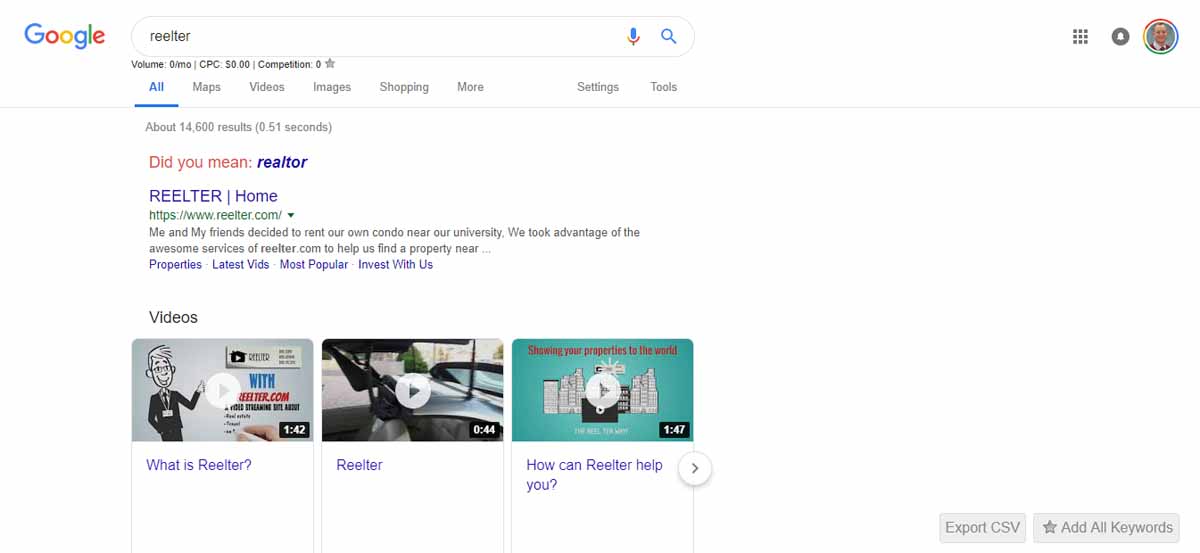
I’m not saying this is infringement. But it’s still probably not a great name even if it isn’t. Imagine telling people your real estate business is “Reelter.com” and then explaining no, it’s not the realtor.com that everybody knows.
Remember that you are beholden to state deceptive trade practices laws and real estate industry regulations. Make sure your domain isn’t trying to fool anyone into thinking you are someone you aren’t.
There are websites that let you run your name idea through and check for possible issues.
Test Your Domain
HEB is one of the top grocery chains in Texas. It’s named for Howard E Butt. Mr. Butt wisely chose to brand his store carefully.
Sherlock Homes is a clever name. But the joke may be on them when people try to find them in Google.
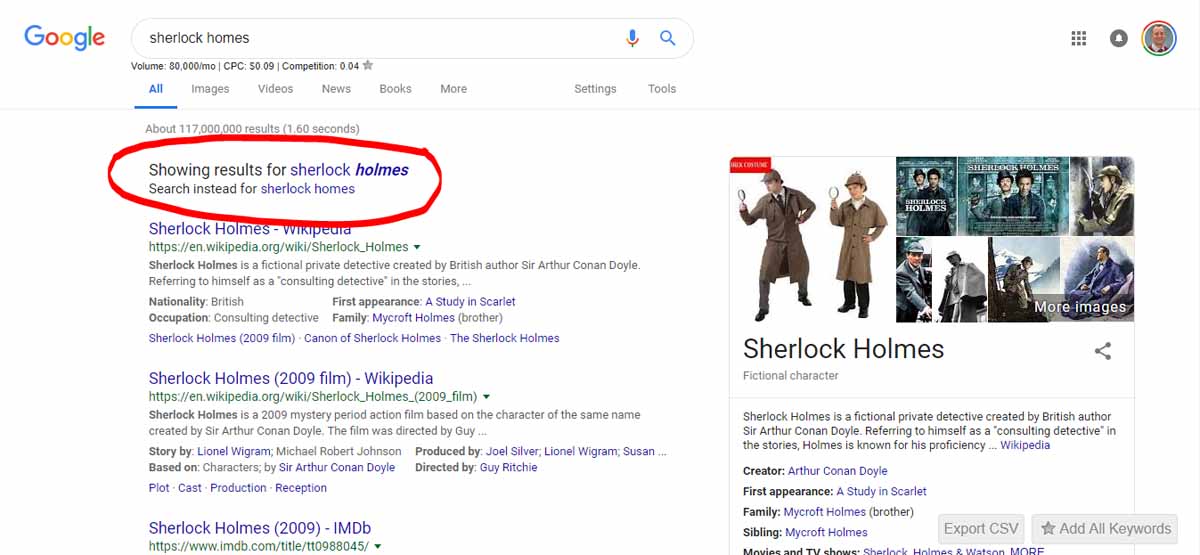
Most issues you want to test for are going to be less obvious or deliberate. Look at your name as an acronym. Is it a bad four-letter-word? Share it with a few friends, especially your dirty-minded friends. You know the one. What is their reaction?
You don’t want to commit to a name, print signs, set up social media, order business cards, start real estate marketing, build SEO on a website, only to learn that you share a name with a famous Russian serial killer who comes up #1 in the search results.
Is the first result when you search your new name a porn site? Maybe you’ve made a terrible mistake.
Here’s a fun list of business name fails to run away from. And another.
Match Your Brand
So some agents have “stealth sites” that are separate from their branded sites. Here is an example in my own market. Jean Shine has a branded page, but also has a stealth site that does not prominently feature her brand and is designed as an agnostic buyer search portal, essentially.
That’s okay.
What might mess you up is if your primary website does not match your brand. That gives consumers too much to remember, and makes it that much harder for them to quickly find your domain.
The Mike Mulholland Team has a website branded as “Selling Delco”. That’s okay if they’re trying to get away from branding with their name, but then why not call their team the “Selling Delco Team”?
They may have their own reasons for this choice. Perhaps they see it as an opportunity to communicate their purpose and value, similar to “NoHassleListing.com” website for the Russell Shaw Group I mentioned above. But you risk diluting your brand when you do this.
Don’t Violate Rules
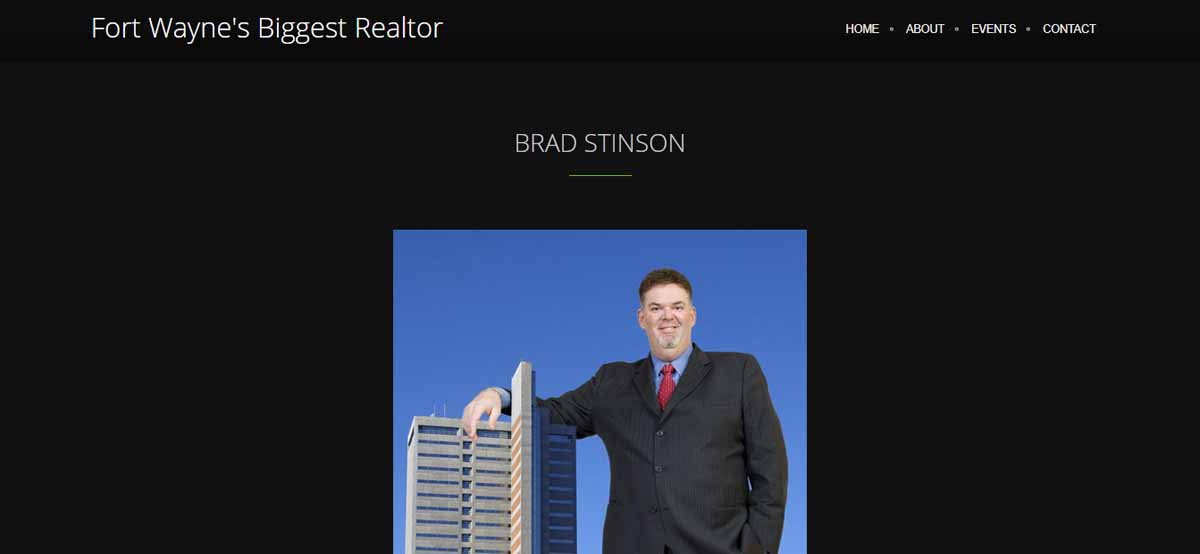
Don’t call me a tattle tale. I think it’s funny and NAR needs to lighten up anyway. So I’m not trying to call anyone out or get anyone in trouble.
But technically you aren’t allowed to match superlatives or descriptors with the term “Realtor”.
Obvious no-nos are “best”, or “top” realtor. Below are some examples from NAR:
The following examples are all improper uses because they use a descriptive term in connection with a MARK:
- Consult a professional REALTOR®
- Doe County’s leading REALTOR®
- Your local REALTOR®
- Your international REALTOR®
- Commercial REALTOR®
- www.myrealtorfrank.com
- www.bestrealtor.com
- www.listitonrealtor.com
- [email protected]
- [email protected]
- Number1realtor
- REALTOR_dad
Play it safe and just don’t use “realtor” at all.
Your state may have naming rules as well. For example, in my State of Texas, if you are a team (not a brokerage), you must have “group” or “team” at the end of your name (though not necessarily your URL – just something to keep in mind).
Don’t Obscure Your Purpose
So this is close to home. This is my personal website.
When I started Hood Homes Blog, I wanted HoodHomes.com. It was unavailable. I wanted to make my blog and content marketing a central part of my business. So I went with HoodHomeBlog.com.
The problem, I’ve discovered, is that people don’t associate a “blog” with a real estate site. There are hundreds of visitors to my webpage that don’t seem to realize I’m a Realtor. I know that because I’ve had clients who were loyal readers of my blog tell me that they hadn’t realized I was even an agent until months of being active on my site.
I’ve tried to make it more obvious since then (REALTORS at the top!). But I honestly think the “blog” throws them off. Understandably.
It’s my brand now, and I’m sticking with it. But if I had to start over….
Don’t confuse your potential clients!
Next Step – Get a Domain and Email!
If you just need a domain to hold onto or add to your existing domains, then GoDaddy is a great place to start.

GoDaddy
$2.99+/yr. GoDaddy is one of the top marketplaces to find the perfect domain for your real estate agency. In addition to the basic URL subscription, you can add privacy protection, SSL certificates, as well as your own email or even website hosting. It’s an easy place to stock up on several domains you need, even if you don’t need them now. You can point them all to the same website eventually.
If you need more, like setting up a professional Gmail on your domain and other Google tools, then G Suite is a worthy place from which you can purchase your domain and get started.
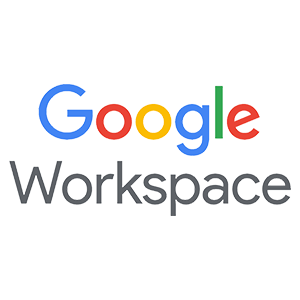
Google Workspace (formerly G Suite)
$6+/mo. Google Workspace provides much more than a personalized email. Workspace comes with the complete suite of Google tools including Calendar, Docs, Sheets, Slides, Forms, Sites and Hangouts. It also includes 30 GB of storage in Google Drive (instead of a free 15 GB) or 1 TB in the $12/mo Business plan.
Conclusion
Remember, these are domains with issues, not necessarily websites. Some of these are great real estate websites!
Few of these are hard and fast rules, either (minus the infringement and following regulations ones). There may be good reasons to break the rules I’ve outlined above. But at least you will do so knowingly and making an intelligent decision about your domain and brand.
But spend some time on this decision! Once you choose, you’re in it to win it for the long term.
I hope these domain name ideas have helped inspire you to find the perfect Internet address for your business!
Updated August 17, 2020; Originally published February 23, 2019.
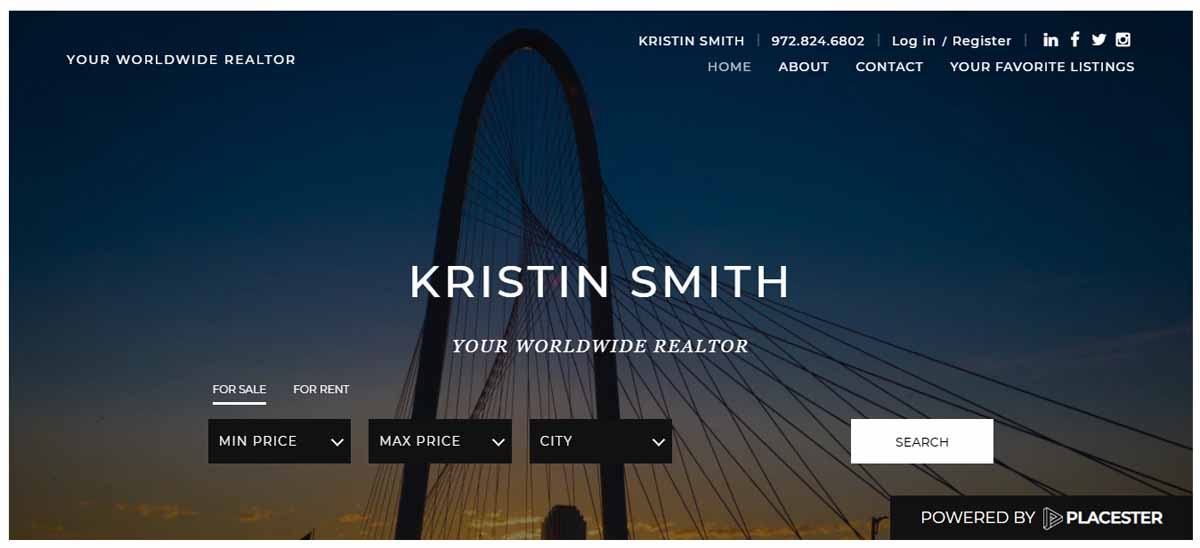
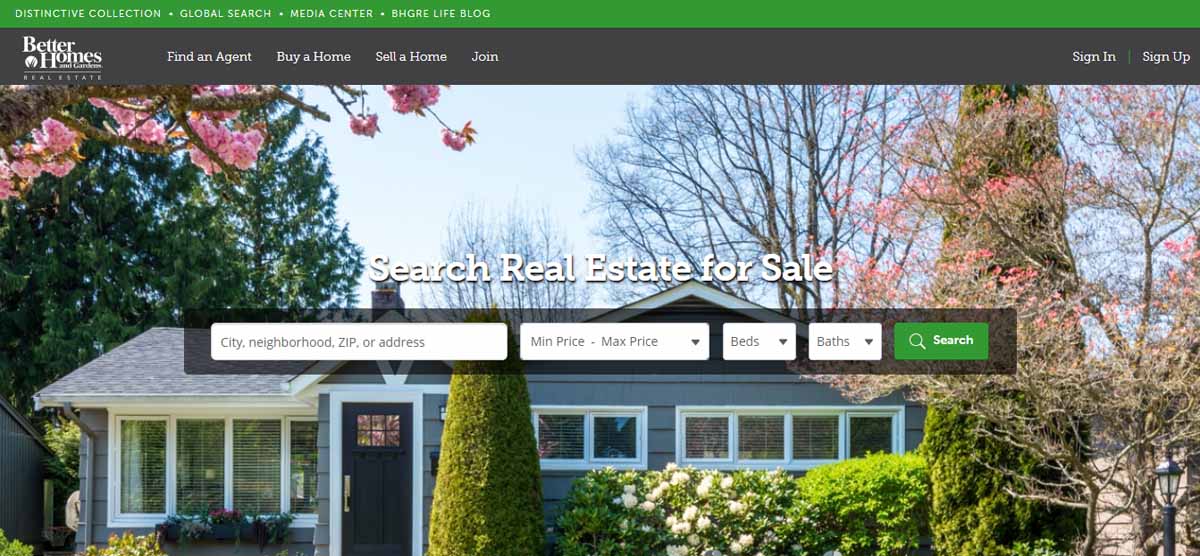
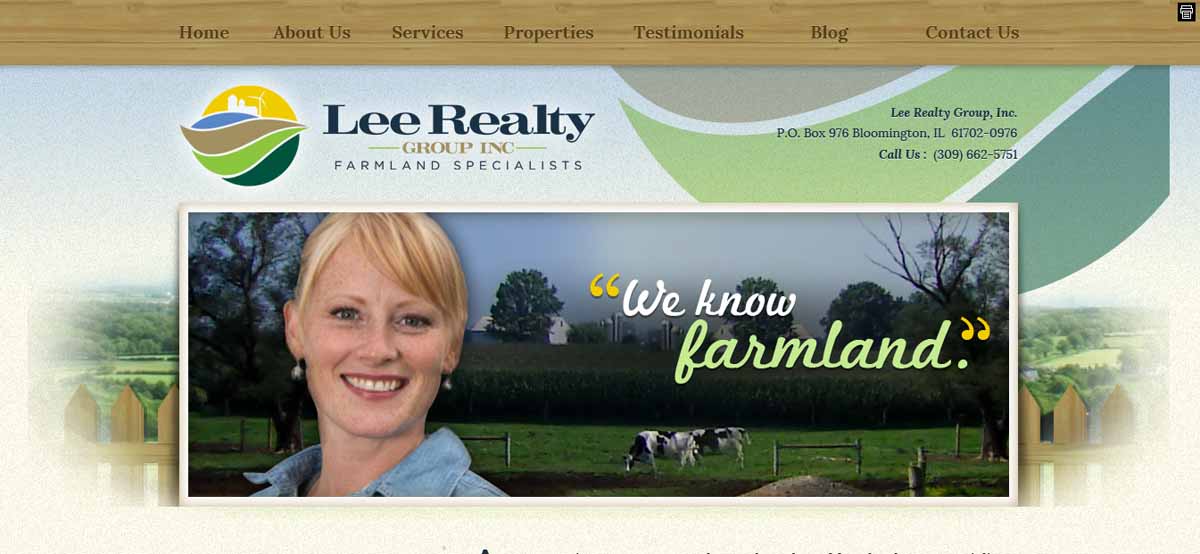
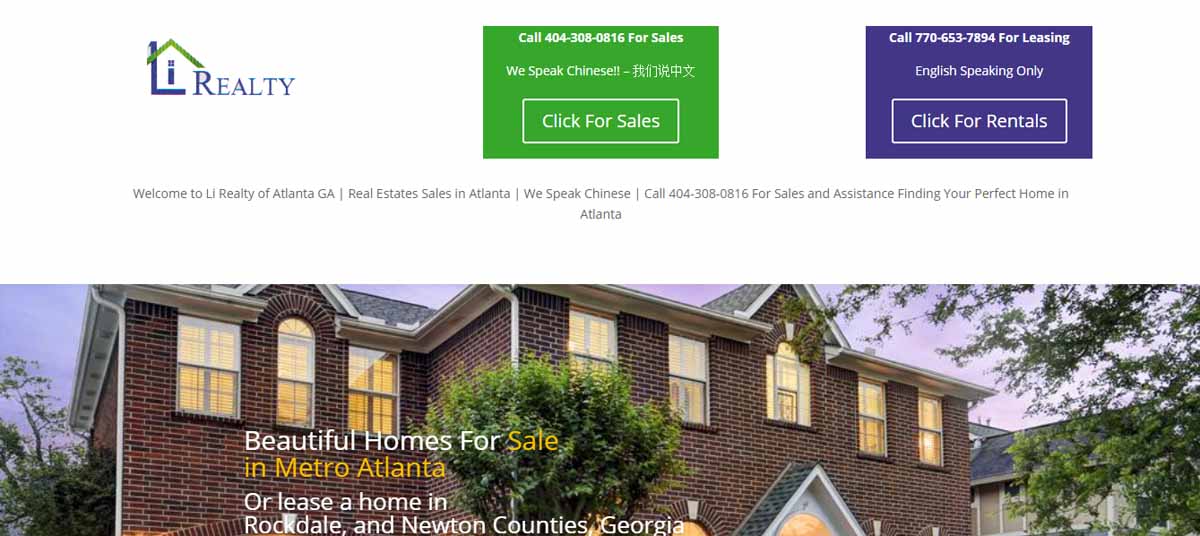
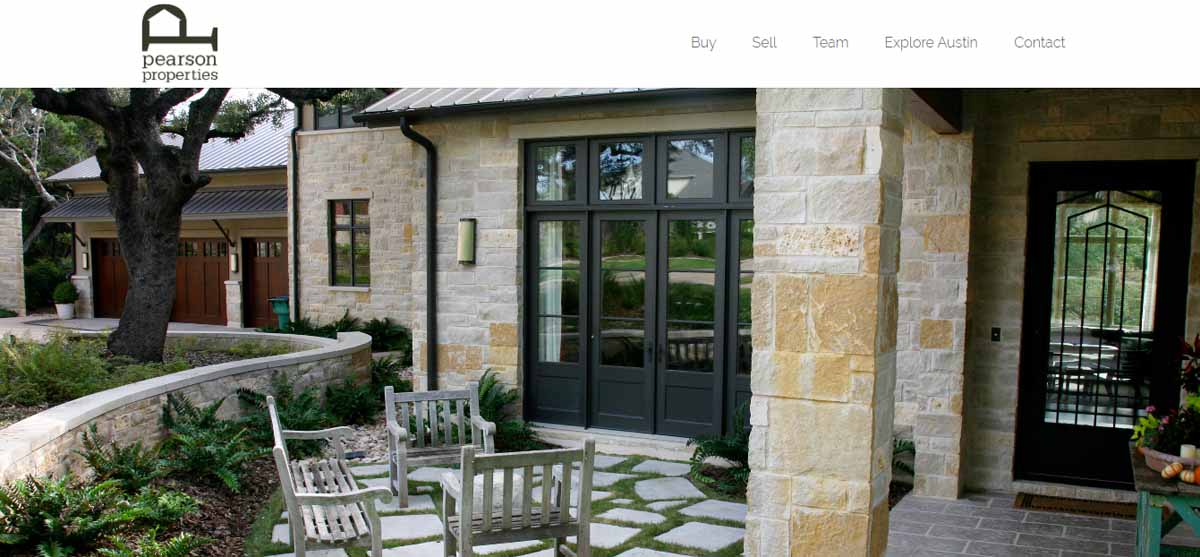
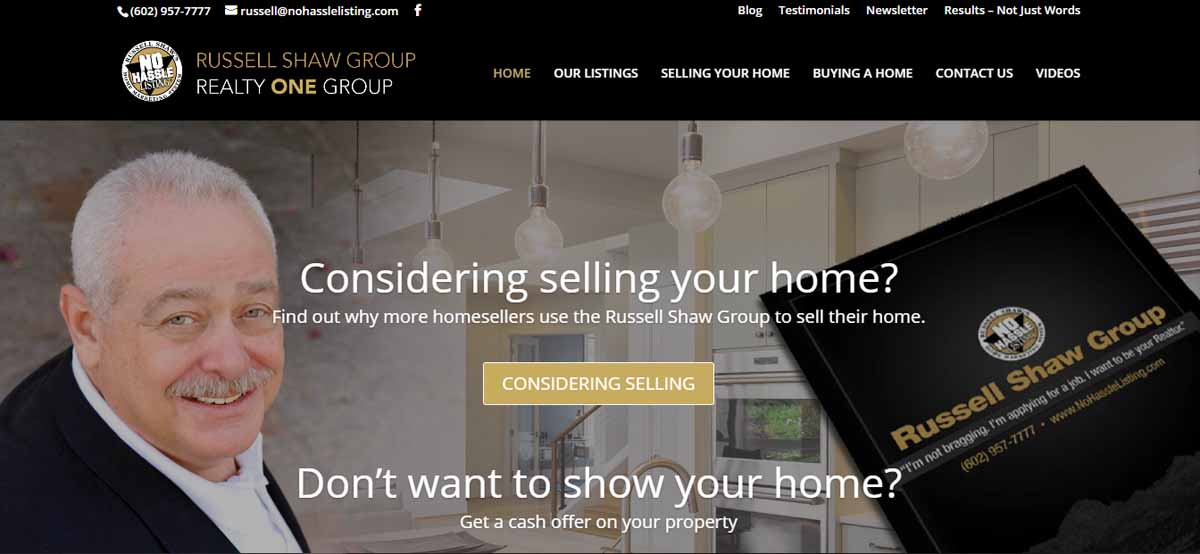
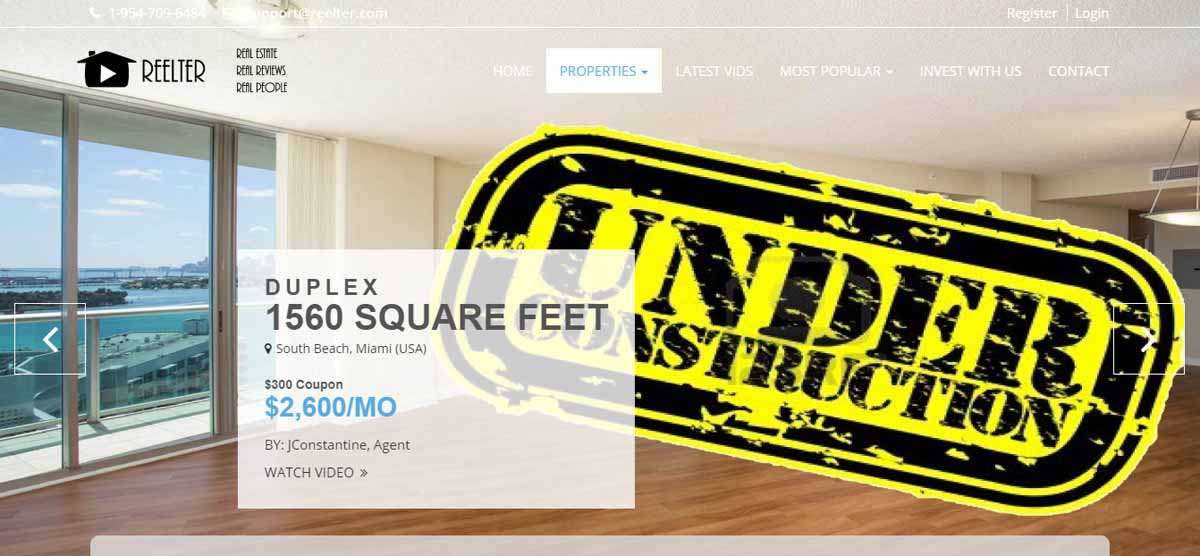

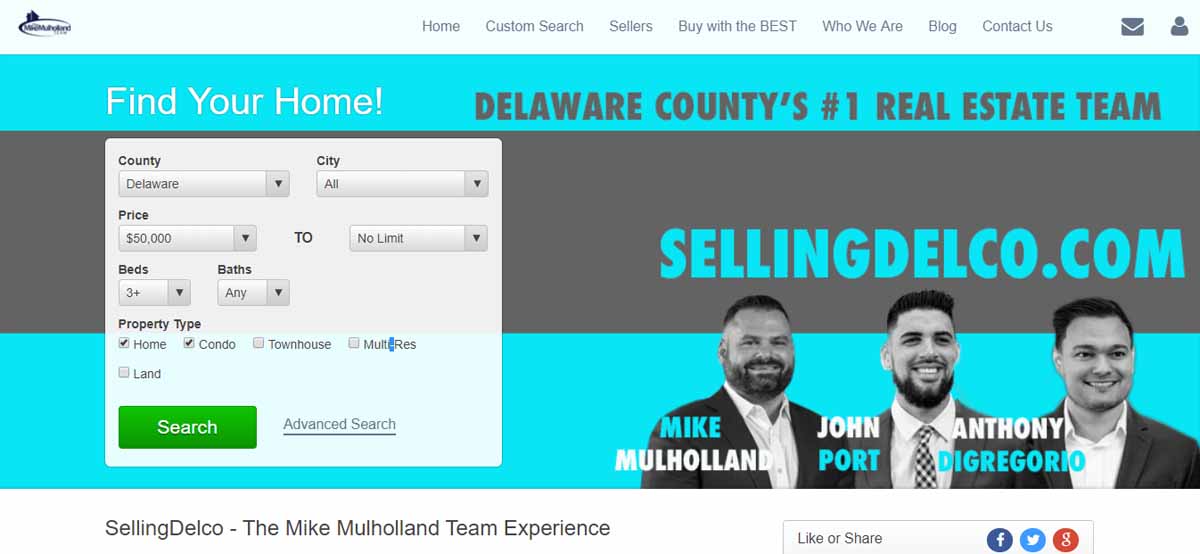
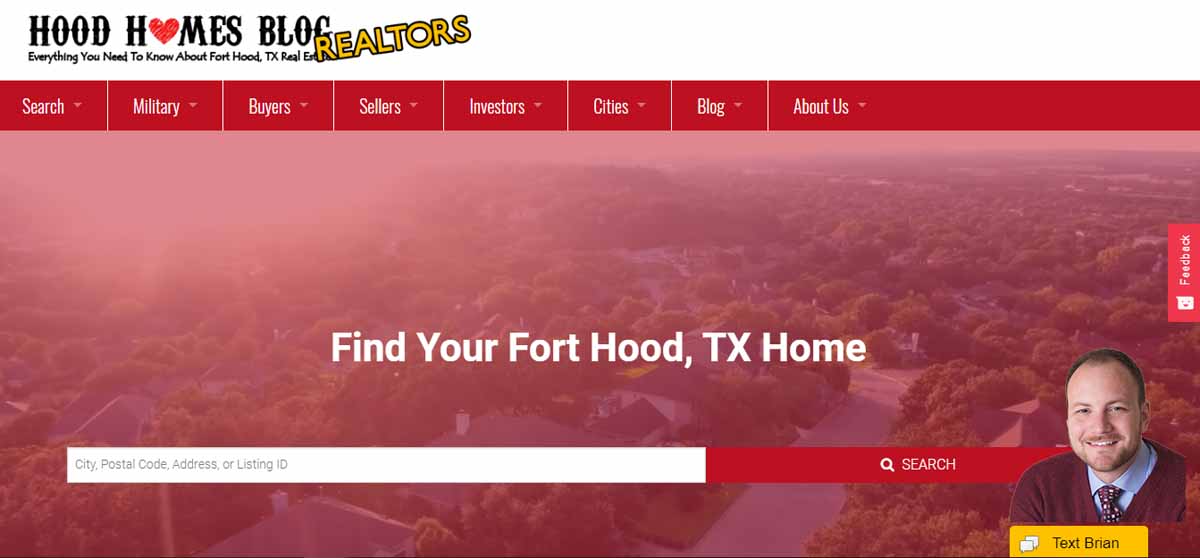



These are great!! I think I almost pee’d my pants laughing at some of them. I am a Realtor and they are soooo true!! lol
Thanks, Martin!
I’ve been a cop for 30 years here in Vegas. I’m about to retire. I took the Pearson VUE and passed. Sooo I’m about to become a “rookie” again and have fun with real estate. Thank you very much Brian, for this information. It was very insightful! : )
Glad that it helped and welcome to real estate!
So, what do you think about the domain name “www.GrandRealEstate.com” ?
love it